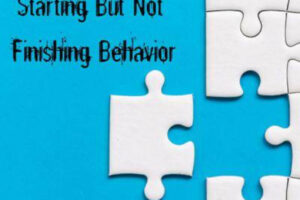It was just EMAIL
-
The internet has permeated every aspect of our lives, evolving from a mere tool to a ubiquitous force shaping our daily existence. In its nascent stage, I recall engaging with primitive platforms like email, Myspace, and Yahoo/AOL chats. Amazon and eBay were confined to selling books and facilitating shopping, yet even then, the digital landscape was rife with bots and explicit content.
In 2008, I took my first plunge into the social media realm via Facebook on my mobile device, marking a paradigm shift. Today, it’s commonplace to witness individuals perpetually glued to their phones, with toddlers replacing books with iPads. Our world has become an intricate web, and many find themselves entangled, unable to envision life without their cell phones.
Reflecting on the early 1990s, I nostalgically recall exchanging letters with a woman from Germany, waiting eagerly for responses that took up to 14 days. Communication was an art, and the joy of receiving a letter was unparalleled. International calls were a luxury due to exorbitant costs, leading to the prevalence of written correspondence.
Fast forward to the present, where a $100 monthly investment grants access to a plethora of services through a handheld device—talks, texts, videos, shopping, food orders, TV, movies, and sports. This technological marvel, though fascinating, raises a poignant question: has the internet and cell phones eroded our capacity to think, learn, and lead mentally healthy lives?
The internet, a repository of both constructive and destructive information, has cultivated a culture of immediacy. Patience has waned, as people expect instant gratification online, a pace life doesn’t always adhere to. The convenience of text-to-speech capabilities has even led to a decline in basic literacy skills, with some individuals proficient in texting but struggling to read.
Concerns extend to the younger generation, which may not be building a solid educational foundation. The school system, coupled with unrestricted internet access, allows students to bypass fundamental learning. Addressing these challenges demands imposing more regulations on internet use, especially for children. However, reversing the tide seems insurmountable, given the internet’s entrenched status in our lives.
For many, the internet is synonymous with life itself, with cell phones often valued more than the people around them. Observing people in public spaces underscores this—take a moment to people-watch, and the prevailing priorities become apparent. The challenge now lies in finding a balance between the benefits and pitfalls of our digital age, ensuring that technology enhances rather than hinders our mental well-being and cognitive abilities.









